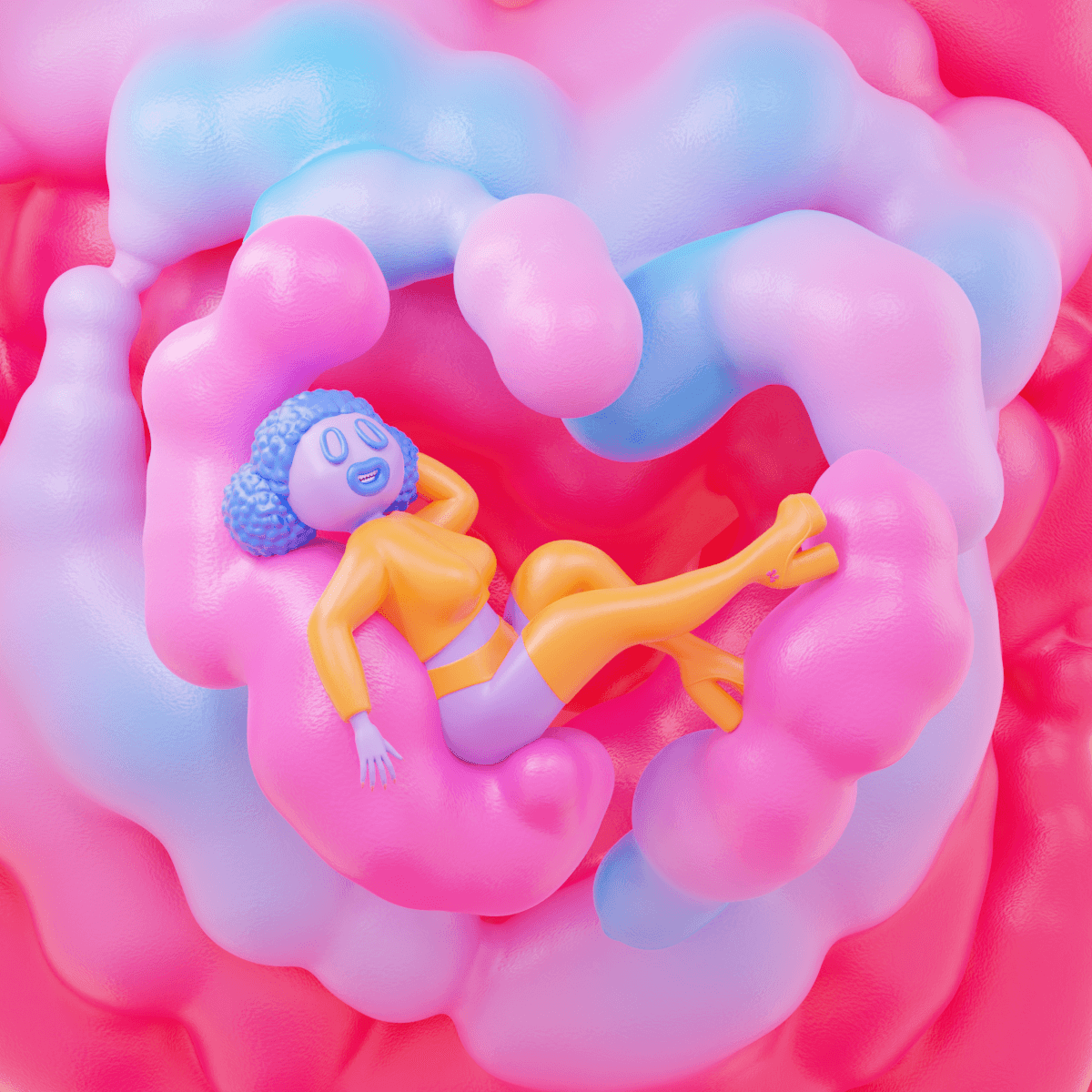The Brave Story series features different personalities that have demonstrated courage and commitment to a cause, an initiative, or movement. We share their stories hoping that their journey and the lessons they learned along the way can serve as motivation and inspiration to us all in whatever path we choose, personally or professionally.
Loulou João is an AfroBelgian 3D illustrator and animator. Thanks in part to her mixed roots, she developed an interdimensional worldview.
Using 3D software, Loulou visualizes her own reality: a digital world consisting of candy-coated squishy plastic objects. Within this reality, she can focus on expressing her own true self without any constructs weighing her down. Plus, she can create her own safe space, allowing her to reflect on the struggles she faces in the physical world.
Tell us about yourself and what type of work you create.
As you know from my bio, I’m mixed, more specifically Congolese/ Belgian. Growing up within a predominately white environment with this background, I felt this weightiness put upon me at a very early age. Treated differently, being othered by children and adults alike. Looking back now, I know that I wasn’t provided a safe environment nor the necessary building blocks to naturally grow a healthy sense of identity and self-worth (which I think there are so many more people that have gone through a similar experience).
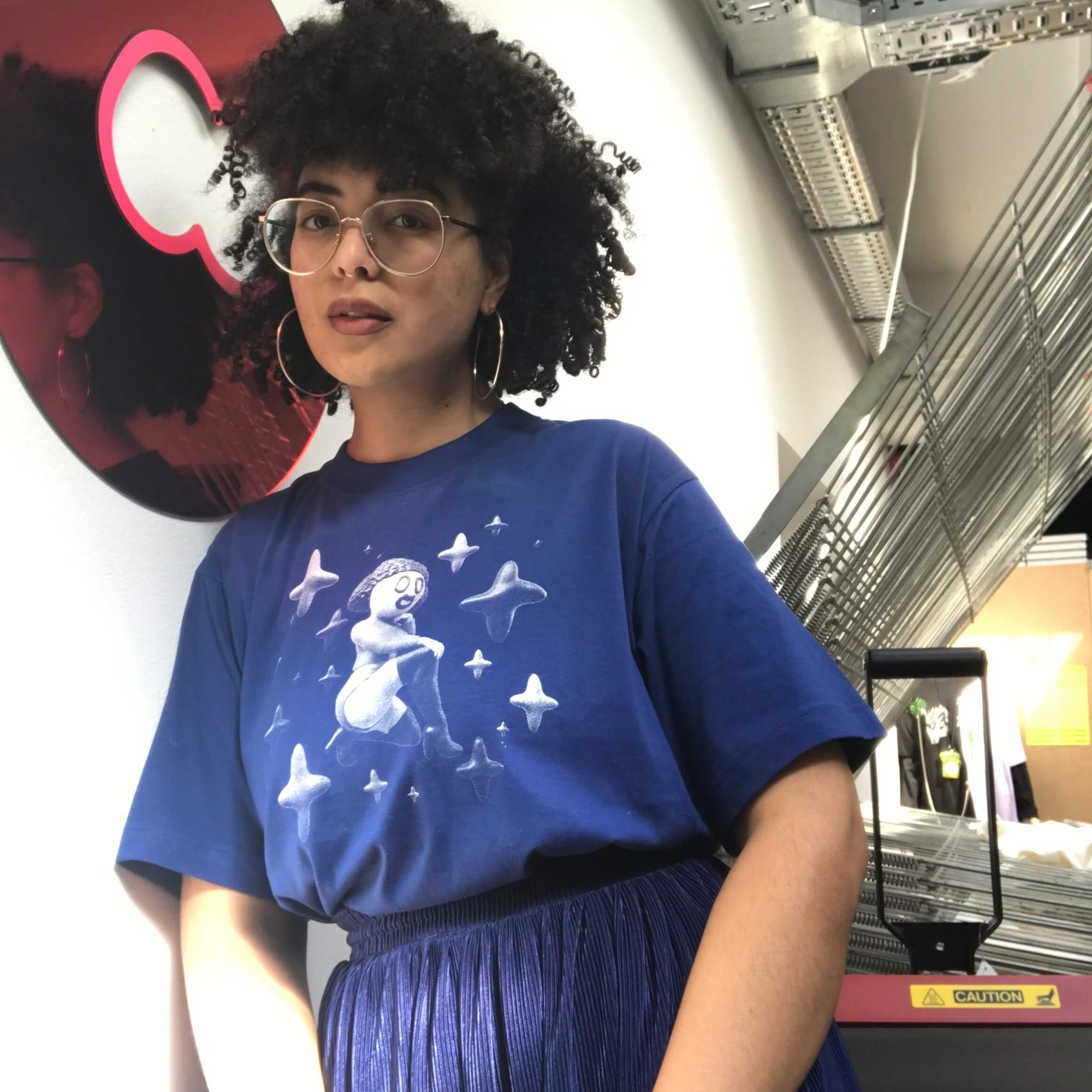
So regarding my work, I’m trying to research and analyze what it is I’ve missed or am missing still. These works I make are in function of this ongoing exploration. It’s all about the journey! Sometimes it’s all fun and games, but other times I have to talk (visually) about more serious subjects like mental health, code-switching, objectification, etc.
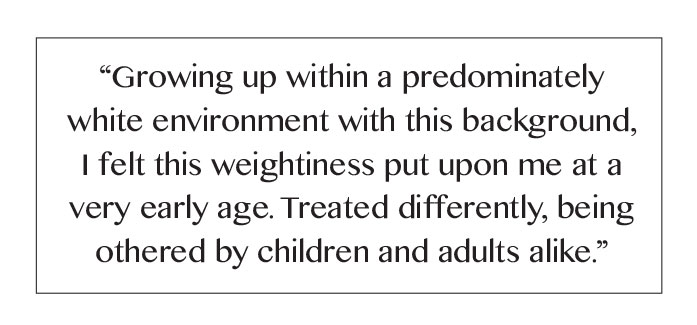
Can you tell us what it has been like trying to find your way and establish your voice in a white male-dominated world of animation design?
I do have to say that overall the past year (I’ve been doing freelance for a year now) has been a pleasant experience. At the beginning of my work blowing up on social media, thanks to Julian Glander and the #amplifymelanatedvoices hashtag, I felt very weird and guilty. I was unsure if people asked me for my work because they truly enjoyed it or if these companies needed a diversity stamp (all of this was starting because of BLM). I was also conflicted because all of these events happening at the time really had a big impact on me personally. To suddenly receive all these commissions and praise made me feel like I was profiting from the horrible situation. Luckily, I was able to get a bit more confidence in myself and with my work and see the value of me (with my background) getting in the industry.
I’ve read that your character, Miss Focket, is an alter-ego that allows you to explore your Afropean identity in client work. Can you talk about creating this character and how she affects your approach to creating new work?
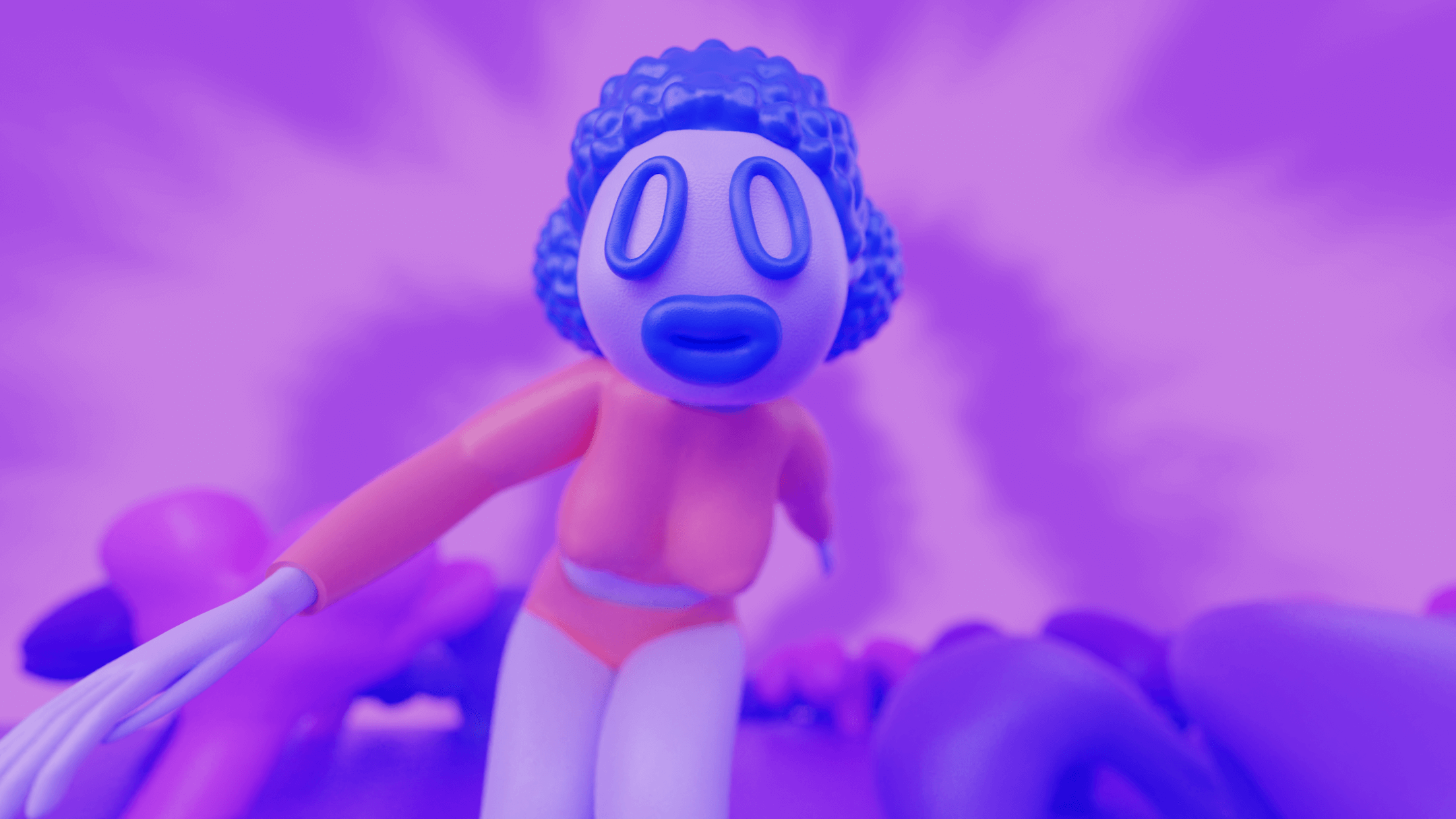
Previously I briefly touched on the subject of missing certain building blocks to grow a healthy sense of identity and self-worth naturally. Well, now, within my work, I’m trying to create or search for my own, and Miss Focket is crucial for that process. She is the doll I wish I had as a child, and now she functions as the bridge between the physical reality and the digital one I’m building. Through her, I feel freer to touch on these sensitive subjects and explore my relation to them.
I love your statement that you “…see blackness as a technology, one that is constantly evolving to survive and go up against objectification and oppression.” Can you tell us more about this idea?
In a literal sense, I think it’s funny to approach all of this through a digital medium and create a virtual safe space where there is more room and freedom to navigate through this ongoing research. From a more conceptual point of view, it’s quite the realization to be confronted with these constraints within a western environment built on oppressive systems. Working and living within this system that is actively trying to work against you and would rather see you fail than succeed is a bit like getting a software update every time you manage to come through against the odds.
Can you talk about any recent work that you loved working on?
The latest work I loved working on was for Lemonade Inc. (which will be published on their Instagram super soon!). They are an insurance company with an amazing Instagram concept. For every post, they commission a different artist to create an animated piece with one rule: a pink drip that appears from the top and runs across the piece up to the bottom. For my piece, I decided to create a bubbly game console on which we see Miss Focket making her debut as a pixelated game character. She has to avoid the broken hearts that are falling from above, representing the struggles everybody on some level has to navigate through. At first, we see her fail, though, but with every failure comes the opportunity to learn and try again or move forwards in another direction. The second time around, though, she prevails by catching a huge star. With this, I want to show that failures are not just a part of life but are as important (or even more) than your accomplishments. Growth is always uncomfortable, but once you push through, the reward is that much more satisfying!
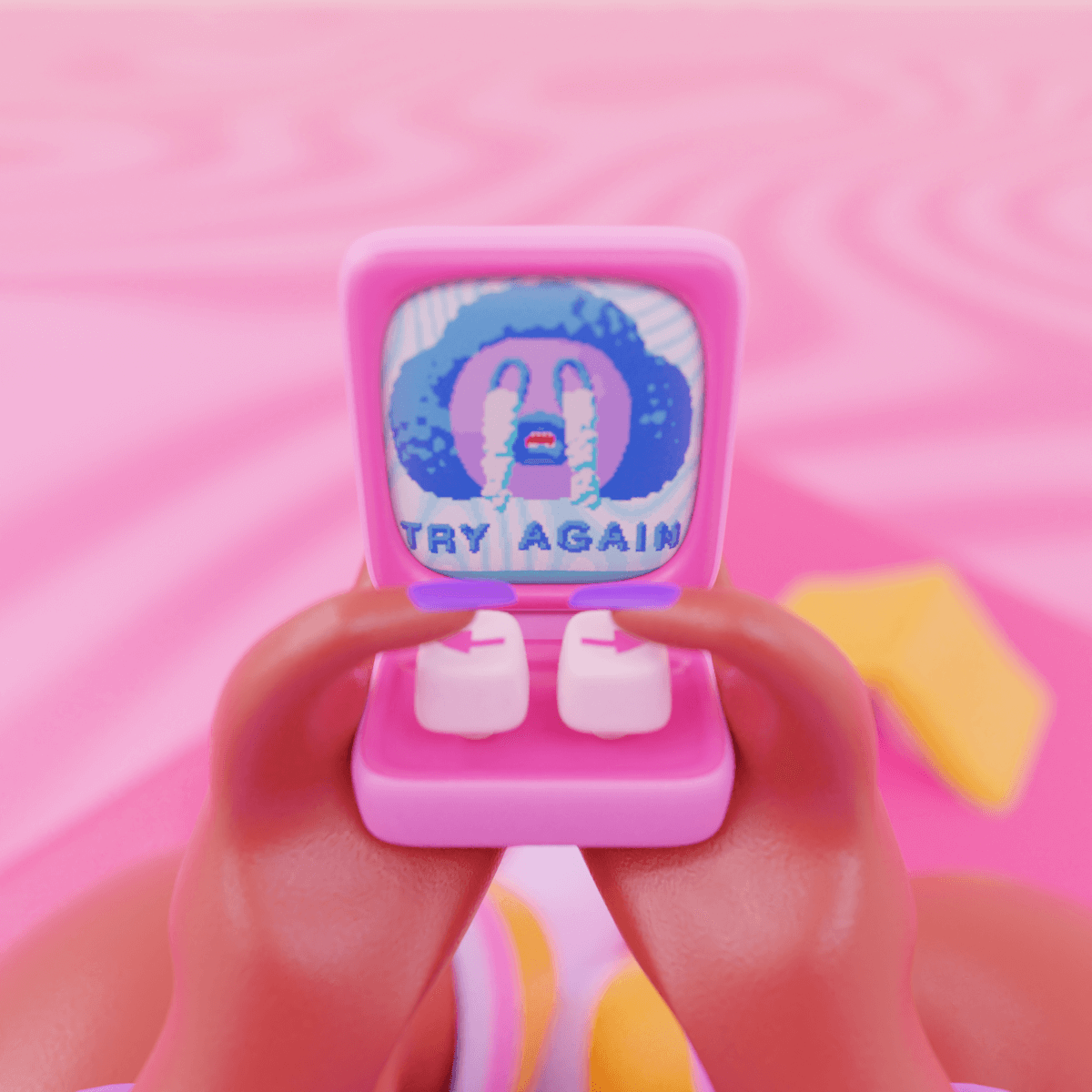
What advice would you give to other BIPOC artists trying to find their way?
Believe in yourself and the value of you as an artist and your work. The fact that we are underrepresented within the industry also makes it so that we can create new work that’s not been really done before. So your voice really matters, and let it be heard! Keep working hard and get in touch with people that can help/ guide you to get your work out there.
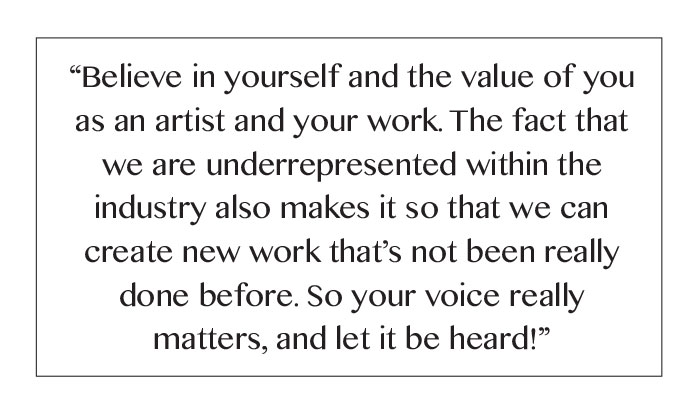
What does being brave mean to you?
Doing your own thing! When you feel that you’re not getting the opportunities you deserve, then find a way to claim or create them. Reclaiming and creating your own narrative. That’s braveness for me, and with that comes freedom.
